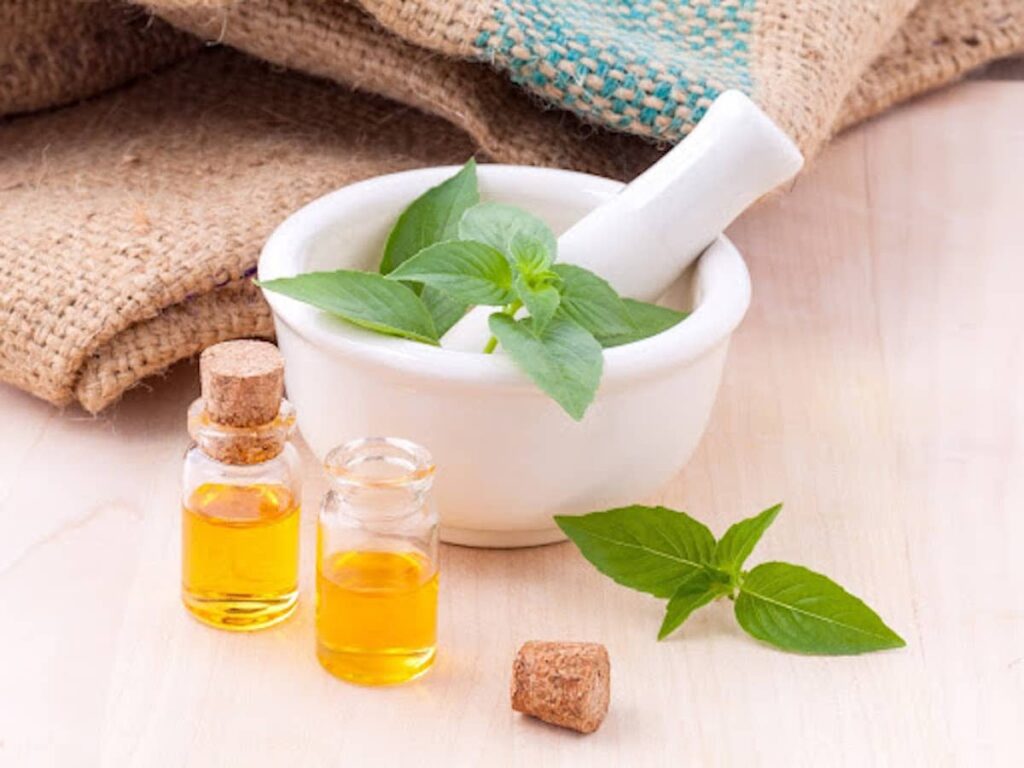Kratom, a natural herb derived from the leaves of the Mitragyna speciosa tree native to Southeast Asia, has gained attention for its potential health benefits, including its impact on the immune system. Traditionally used for its stimulant and analgesic effects, kratom is now being explored for its possible roles in supporting immune function and overall health. While scientific research is still in its early stages, there are several ways kratom might influence the immune system. Kratom contains various alkaloids, such as mitragynine and 7-hydroxymitragynine, which have been shown to interact with opioid receptors in the brain. This interaction may contribute to kratom’s pain-relieving and mood-enhancing effects. However, these alkaloids might also play a role in modulating the immune response. Some preliminary studies suggest that kratom may have immunomodulatory effects, potentially influencing the activity of immune cells. For instance, kratom’s impact on inflammation could be beneficial, as inflammation is a key aspect of the immune response. By potentially reducing chronic inflammation, kratom might help in maintaining a balanced immune system.

Moreover, kratom is believed to have antioxidant properties, which could be advantageous for immune health. Oxidative stress, caused by an imbalance between free radicals and antioxidants in the body, can lead to cellular damage and weaken the immune system. Antioxidants neutralize free radicals, reducing oxidative stress and supporting overall health. Kratom’s antioxidant effects might help mitigate oxidative damage and thus support immune function. Despite these potential benefits, it is crucial to approach kratom with caution. The herb’s impact on the immune system is not yet well-understood, and the lack of comprehensive research raises concerns about its long-term safety and efficacy. Additionally, kratom can have side effects and may interact with other medications. Its use has been associated with dependency and withdrawal symptoms, which can complicate its overall health benefits.
To stay healthy year-round, it is essential to adopt a balanced approach that includes a nutritious diet, regular exercise, adequate sleep, and stress management. While kratom might offer some potential benefits, it should not be considered a primary means of immune support. Consulting with a healthcare professional before incorporating kratom into your routine is advisable, especially if you have underlying health conditions or are taking other medications. In conclusion, while kratom may have some properties that could potentially benefit the immune system, more research is needed to fully understand its effects to buy bali kratom. The current evidence is not sufficient to recommend kratom as a primary tool for immune support or overall health maintenance. As with any supplement or herb, it is important to weigh the potential benefits against the risks and to prioritize well-established health practices for optimal wellness.